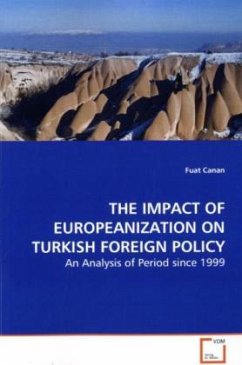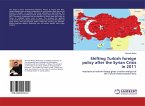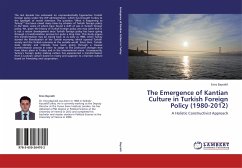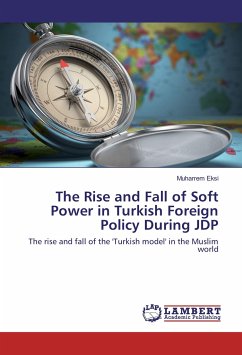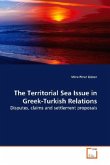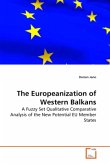A considerable interest has recently emerged in
analysing the EU impact on Turkey s democratization
process, human rights and minority issues. Yet, few
studies exist with regard to the EU impact on Turkish
foreign policy. This book, therefore, provides reader
with a useful framework to understand major changes
in Turkish foreign policy with a specific reference
to the Europeanization impact on Turkish foreign
policy. The EU conditionality mechanism was mainly
employed as a method of examination to identify how
some of Turkey s foreign policy issues have been
reconstructed under the EU influence. The impact of
EU conditionality with respect to Turkish-Greek
relations and Cyprus issue is examined to illustrate
how some of the key foreign policy issues have
been reconstructed by Ankara recently. Likewise,
democratization reforms in line with the EU accession
process have radically altered civil-military
relations, thus having a major impact on the
democratization of foreign policy-making in Turkey.
This book makes a good contribution to the literature
on Europeanization of foreign policies, and should be
especially useful for analysts, academics, and
experts on Turkey.
analysing the EU impact on Turkey s democratization
process, human rights and minority issues. Yet, few
studies exist with regard to the EU impact on Turkish
foreign policy. This book, therefore, provides reader
with a useful framework to understand major changes
in Turkish foreign policy with a specific reference
to the Europeanization impact on Turkish foreign
policy. The EU conditionality mechanism was mainly
employed as a method of examination to identify how
some of Turkey s foreign policy issues have been
reconstructed under the EU influence. The impact of
EU conditionality with respect to Turkish-Greek
relations and Cyprus issue is examined to illustrate
how some of the key foreign policy issues have
been reconstructed by Ankara recently. Likewise,
democratization reforms in line with the EU accession
process have radically altered civil-military
relations, thus having a major impact on the
democratization of foreign policy-making in Turkey.
This book makes a good contribution to the literature
on Europeanization of foreign policies, and should be
especially useful for analysts, academics, and
experts on Turkey.

